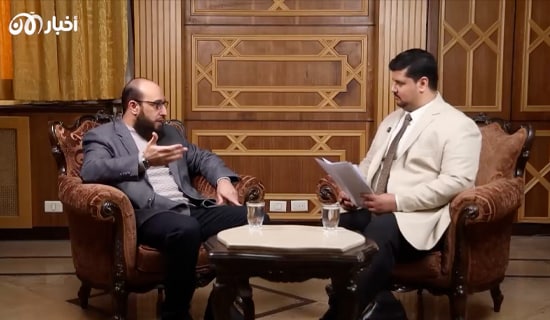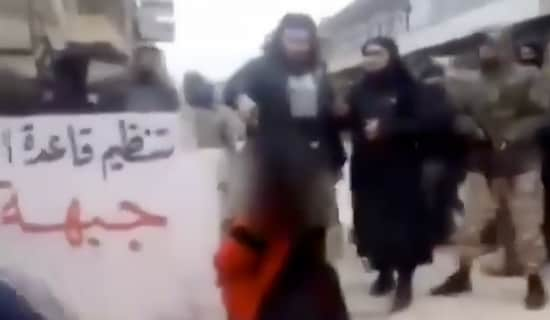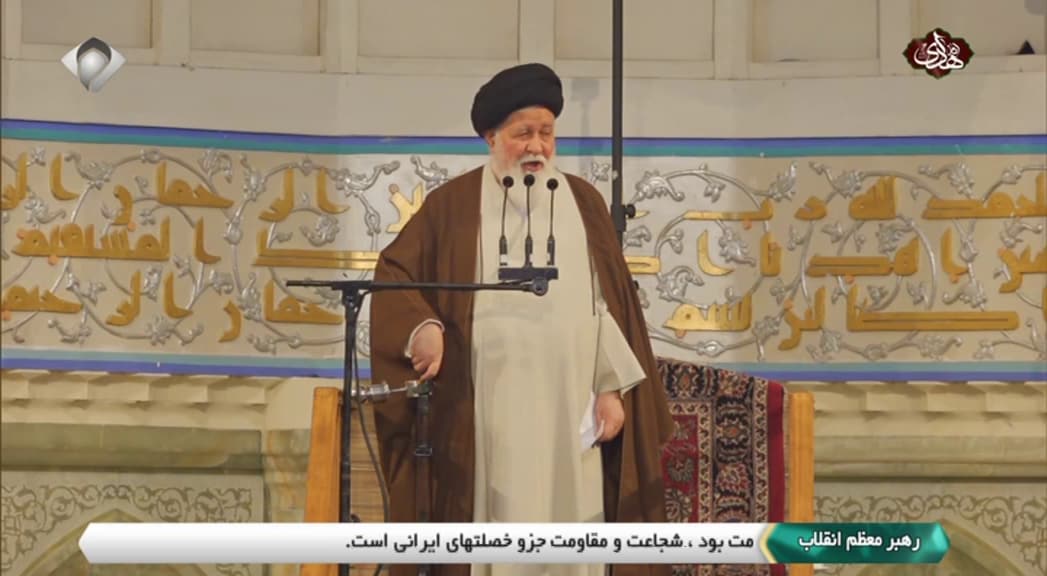
May 24, 2004 Al-'Alam TV (Iran)
The Iranian TV channel directed at the Arab world, Al-Alam TV, interviewed Muhammad Zaki Ibrahim, an Iraqi writer and researcher speaking from Beirut in the wake of the Abu Ghureib prison abuses. Following is a verbatim translation of excerpts from the interview that was broadcast on May 24, 2004:
Muhammad Zaki Ibrahim: I have examined the damage to the holy cities and especially the holy places. All damage to the holy places was inflicted by Muslims. By Muslims, I mean not only non-Shiite Muslims. Even Shiites committed acts defiling the holy places. During an entire year of American occupation, they never damaged our holy places. But the sanctity of the holy places was violated, especially the tomb of 'Ali, in August 2003, when Muslims, perhaps extremists, detonated explosives near the complex blowing up fences, doors, windows, and killing dozens of worshipers among them Muhammad Baqer Al-Hakim. This violation was not committed by the Americans. I am not here to defend the US but I wish to seek the truth. Who made the Americans approach the holy places? I never heard of the existence of forces from Honduras until recently, when the Spanish forces withdrew from the areas surrounding the holy cities. They had 400-500 soldiers from Honduras with them.
The forces were not even Americans. Why? Because there was calmness and economic prosperity. I believe that the matter is also economic. During the year that the holy places were under direct American control they were visited by millions from around the world, from all over Iraq, from Iran, from Lebanon, from India, and from Pakistan. Pilgrims came from many places to these holy cities on many occasions. These cities witnessed economic revival and prosperity. Karbala became one of the richest places in the world. Iraq, as a whole, experienced economic prosperity. What happened since? Najaf and Karbala have become ghost cities.













